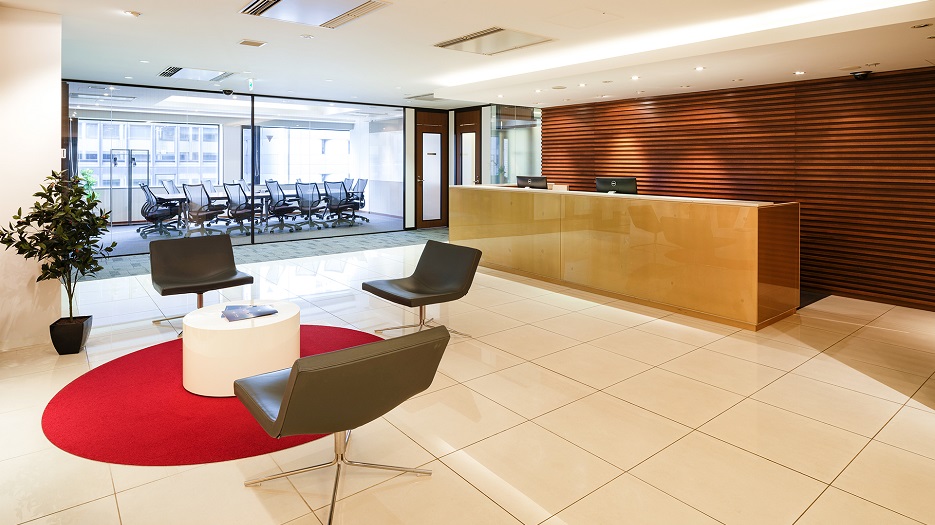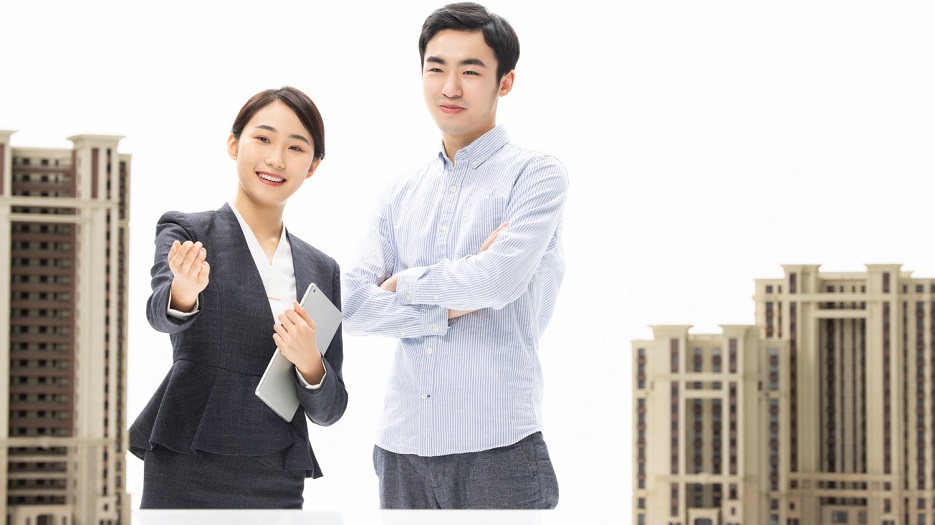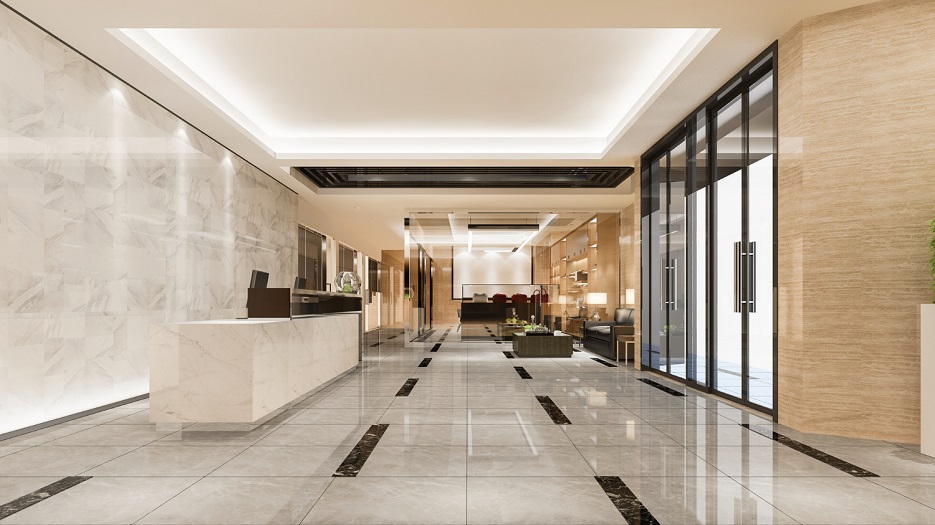Tokyo, the capital of Japan, is the economic and political centre of the country. Coupled with being home to the largest population in the entire island country (37.2 million in 20221), it is no surprise, then, that Tokyo has the priciest office rentals in Japan. According to a 2022 Savills report, it ranks in the top three most expensive cities to lease an office in the world along with London and Hong Kong2.
Whether you’re looking to incorporate a company, open a branch office or relocate your business to Tokyo, here is your guide to navigating the commercial rental market in ‘The Big Mikan’.
Decide why you need an office
You may be looking for an office rental in Tokyo for one of many reasons: perhaps your current office can’t accommodate the growing team. Or maybe you’re expanding your business into Asia and have chosen Tokyo as a base. Or you’re looking to launch a start-up and join the hub of thriving IT and finance firms in the city. Maybe you’re looking to open a satellite office to better serve the Japanese market. Whatever it is, the reason will be a huge consideration in determining the location and which type of office is best for your industry and needs.
Your workspace should work for you, not the other way around. For instance, if you’re establishing a Japanese headquarters, a fixed commercial lease (usually two to five years in Japan) or one to multi-year lease at a business centre could both work.
If your headcount is in flux and is expected to change significantly in the coming six months to one year, a flexible lease such as those offered by serviced offices allows you to be agile. In the next section, we’ll introduce the common types of office space for rent in Tokyo.
Choose the best office type

There are two main categories in today’s office market: traditional offices and flexi workspaces. The second category includes co-working space, serviced offices, short-term office rentals and virtual offices which are typically housed in business centres.
Business or executive centres can be one or multiple floors of a commercial building housing various ready-to-use workspaces, some private and some shared, along with some common areas. These types of business-ready offices are becoming increasingly popular not just among start-ups and SMEs, but established corporations, due to the combination of flexibility and corporate-grade facilities.
Tenants can rent for as short as a day, week or month depending on what they need, and longer-term options are also available. Furthermore, the monthly rent generally includes office furniture and equipment, meeting rooms, complimentary beverages, Wi-Fi and a customer support team.
Traditional office leases in Japan lock lessees into a two to five-year contract3, which can be problematic if the company needs more or less space within that period. Then businesses don’t have the freedom to move out and find a more appropriate office space without having to pay termination fees. A management fee is charged in office buildings to cover building security, utilities and maintenance of common areas used by all lessees. This is sometimes called a CAM (Common Area Maintenance) fee and is typically non-negotiable.
In traditional rentals of working spaces in Tokyo, tenants are also expected to bear the responsibility of paying for the office fit-out, which can be costly, including renovation, design, wiring and furnishing. On the upside, this gives companies liberty to design the office to match their brand image (However, serviced office providers like Compass Offices also offer the option of custom enterprise solutions.)
Choosing the right location

As with any other city in the world, the closer you get to the central business district (CBD), the more expensive office space gets. Tokyo has less of one main CBD and more business regions focused in the city’s central wards, where worldwide corporations like Google, Sony and Goldman Sachs have their headquarters, with commercial real estate in Marunouchi, Minato, Ōtemachi, Hibiya and Shibuya being the most sought-after business addresses.
Rental prices in Japan are quoted per tsubo, a unit of measurement roughly equivalent to 35 square feet (35.58 square feet). The average office rental in Tokyo’s CBDs costs JPY20,000 (approximately USD150) per tsubo as of February 20234. Budget-sensitive renters can go for a more cost-effective serviced office, giving you an office in the CBD with a lower and flat monthly price. Plus, instead of determining an arbitrary number for how many tsubo one employee needs, business centres calculate the price per desk for a straightforward calculation.
Alternatively, price tags for office space on the edges of central wards or in industrial districts like Keiyō Industrial Zone are significantly lower than those in CBDs. Tokyo has one of the most expansive and efficient public transport systems on Earth, which makes the 10 km radius surrounding the central wards commutable in around 30 minutes.
Consider the services and facilities offered by the building

The quality of office facilities is determined by the building grade, ranging from Grade A to C for newest to oldest, and having the most premium decoration and facilities to basic decoration and few to zero extra facilities. While unofficial, the system is used in many countries to quickly assess the quality of a commercial property.
Grade A buildings are located in prime business districts and typically have the following characteristics:
• Have floor plates of 500 tsubo or more;
• Are younger than 11 years old.
As the most luxurious offering, Grade A office buildings can offer amenities like in-building parking, fitness centres, cafés or restaurants, glamorously decorated lobbies, high-tech security systems and green spaces. Grade B and Grade C buildings taper off into offering fewer amenities, having older or maybe even run-down facilities, and poor building management.
Grade A buildings are obviously the most expensive, so it’s a question of balancing factors like budget and how important the client-facing image is for your business or how essential foot traffic is when deciding on a location for your office space in Tokyo.
Arrange viewing
The next step in finding your office rental in Tokyo is to arrange a viewing of offices you’re considering. This way, you can really get an idea of how much space you need to comfortably accommodate the employees. It’s also the perfect time to check out the building facilities, its age, the ease of commuting to the office, surrounding and in-building amenities and even the view from the office, which will all impact worker satisfaction.
While it’s best to be in-country for an office search, if you’re overseas, you can hire a real estate agent or advisor to negotiate and do viewings on your behalf. It’s not uncommon to go through an agent if you’re a foreigner as the rental contract is also typically only in Japanese.
Consider the offer

Let’s say you’ve reached the point at which you’ve received the office lease contract. There are two types of rent structures in Japan that you need to know about: ordinary and fixed term leases5.
An ordinary lease is for two years, automatically renewing at the end of a term; tenants enjoy security as they cannot be kicked out unless there’s a ‘due reason’. Further protecting the tenant, tenants have the right to terminate the lease with six months’ written notice without penalty.
Fixed term leases are favoured by commercial building landlords, so you’ll most likely be dealing with one of these. These range from two years up to five years long; tenants don’t have the right to automatically renew the lease. Note that a termination clause needs to be negotiated before the contract is signed.
Finally, pay attention to the possession date. If going for a traditional office lease in Tokyo, don’t forget to factor in enough time in the moving process for renovation. You may consider a swing space to serve as a temporary office solution while transitioning between contracts, if the possession date doesn’t land directly after your current contract expires.
Tip: It’s possible to negotiate up to six months’ free rent, especially in fixed term lease agreements.
Conclusion
Compass Offices is your premium flexible workspace provider in the Asia-Pacific region. We provide a full range of modern working spaces suitable for long-term and short-term office rental in Tokyo at Ichigo Ebisu Green Glass (Shibuya-ku) and Toranomon 40 MT (Minato-ku).
Along with Tokyo, we also have executive centres in Hong Kong, Melbourne, Sydney, Kuala Lumpur, Singapore, Manila, Shanghai and Ho Chi Minh City. Our ready-to-move-in office space has served as the trusted solution for entrepreneurs and global corporations in key cities in APAC. Get in touch with our team to learn more about how to rent an office in Tokyo and book a site visit.
Read more
How to Rent Office Space in Hong Kong
1https://www.macrotrends.net/cities/21671/tokyo/population
2https://www.savills.com/insight-and-opinion/savills-news/324399-0/london--hong-kong-and-tokyo-top-table-for-occupier-office-costs
3https://www.dlapiperrealworld.com/law/index.html?t=commercial-leases&s=legal-characteristics-of-a-lease&q=length-of-leases&c=JP
4https://www.statista.com/statistics/959163/japan-monthly-office-rent-tokyo-business-district/#:~:text=The%20average%20monthly%20office%20rent,yen%20as%20of%20February%202023.
5https://www.dlapiperrealworld.com/law/index.html?t=commercial-leases&s=legal-characteristics-of-a-lease&q=types-of-lease&c=JP